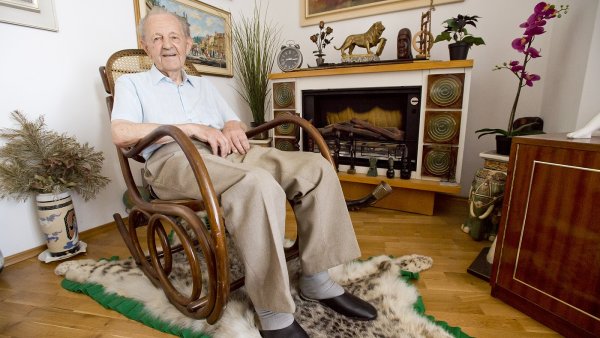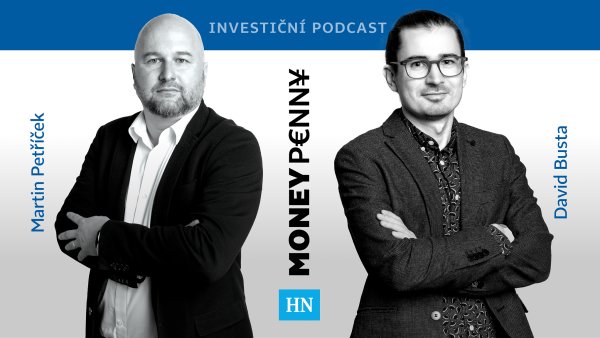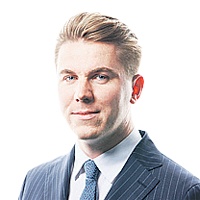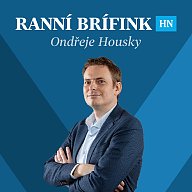The IB diploma programme is a challenging two-year curriculum, taught in English, aimed at students in their final two years of secondary school education. Still rare in the Czech Republic, the IB diploma is becoming increasingly popular internationally, particularly in countries where the state qualifications are viewed as problematic, such as England, where the ever-increasing pass rate has led to the school-leaving examinations being labelled unreliable and students wondering about the wisdom of starting on courses which, in the future, may be viewed as increasingly valueless.
Education is notoriously difficult to reform. Entrenched attitudes, political interference, and the fact that teachers are a highly educated and vociferous group, mean that changes to a state's examination system take many years to implement. In many countries, therefore, students and teachers are turning to the IB in increasing numbers (1,779 schools in 129 countries, over 30 000 students graduating in 2008, increasing at 11 % annually) and in so doing, bypassing the problems of their own educational systems.
The IB is independent of political parties, free from government interference and has freedom to construct its own syllabuses based solely on educational grounds. It was established in 1968 to provide a balanced education. It has its own philosophy: 'to develop enquiring, knowledgeable and caring young people, who will help to create a better and more peaceful world through intercultural understanding and respect'. It also strives to foster students' recognition and development of universal human values and a spirit of discovery and enjoyment of learning.
The Czech education system has been criticised for an over-emphasis on rote learning of facts, and so the IB appeals to Czech students, with its emphasis on communication, creativity and analytical skills. Students learn more than a collection of facts. The Diploma Programme encourages students to think for themselves, to communicate clearly, to be creative, to empathise with others and to develop an international perspective on life.
Students normally choose six subjects, though some particularly keen ones can choose seven. In order to ensure a broad curriculum, students choose from the following categories:
- literature of your native language
- a foreign language
- a humanities subject
- a science
- mathematics
- a free choice of either an expressive arts subject or any other subject, such as another language, science or humanity.
In special circumstances, for example when a university medical school requires a qualification in three sciences, students can take a different combination of subjects. All subjects can be taken at two levels, with students studying three subjects at higher and three at standard level.
Students are also required to undertake the following three activities: engage in independent research to produce an extended essay of 4,000 words on a topic of their own choice; follow a course on the Theory of Knowledge, in which they explore the nature of knowledge and investigate how we know what we know; complete a programme called CAS, involving Creativity (art, music, drama), Activity (sport, expeditions) and Service (helping others, charity work), which foster students' awareness of life outside the classroom.
The IB diploma opens the door to universities throughout the world. Most Czech students taking the IB choose to attend university in the Czech Republic, though an increasing number apply for British universities, where successful IB students are sought after and valued for the rigorous education they have received.
Students are assessed partly by coursework and oral examinations which take place during the whole of the final year of the course, and partly by a number of written examinations taken over a period of three weeks in May of the final year.
The English College in Prague is currently the largest IB school in the Czech Republic, and the only one that is part of the Czech educational system.
Author: Colin Beet, teacher, IB Co-ordinator, The English College in Prague - Anglické gymnázium
Více informací o IB naleznete na www.ibo.org nebo na www.englishcollege.cz. n
rkp
Vocabulary (slovníček):
Bypassing - obcházet
Curriculum - studijní program
Embarked - zahájit, započít
Encourages - povzbudit, nadchnout, vyzývat
Enquiring - zvídavý, tázající se
Entrenched attitudes - zavedený/stereotypní pohled
Extended essay - komplexní obsáhlá seminární práce
Government interference - vliv/zásah vlády, ministerstva
Notoriously - notorický, jak každý ví
Particularly keen - zvláště horlivý, nadšený
Pass rate - počet studentů, kteří úspěšně složí závěrečnou zkoušku
Rare - ojedinělý
Rigorous education - rigorózní, náročné vzdělání
Rote learning - mechanické, rutinní učení
School-leaving examinations - závěrečné školní zkoušky
Sought after - vyhledávaný, žádaný
Special circumstances - zvláštní okolnosti
Spirit of discovery - podnícení k samostatnému myšlení, bádání
Strives to foster - snažit se podporovat, podněcovat
Theory of Knowledge - teorie poznání
Valueless - bezcenný
Vociferous group - hlasitá nepřehlédnutelná skupina, umí o sobě dát vědět
 Přidejte si Hospodářské noviny
mezi své oblíbené tituly
na Google zprávách.
Přidejte si Hospodářské noviny
mezi své oblíbené tituly
na Google zprávách.
Tento článek máteje zdarma. Když si předplatíte HN, budete moci číst všechny naše články nejen na vašem aktuálním připojení. Vaše předplatné brzy skončí. Předplaťte si HN a můžete i nadále číst všechny naše články. Nyní první 2 měsíce jen za 40 Kč.
- Veškerý obsah HN.cz
- Možnost kdykoliv zrušit
- Odemykejte obsah pro přátele
- Ukládejte si články na později
- Všechny články v audioverzi + playlist




